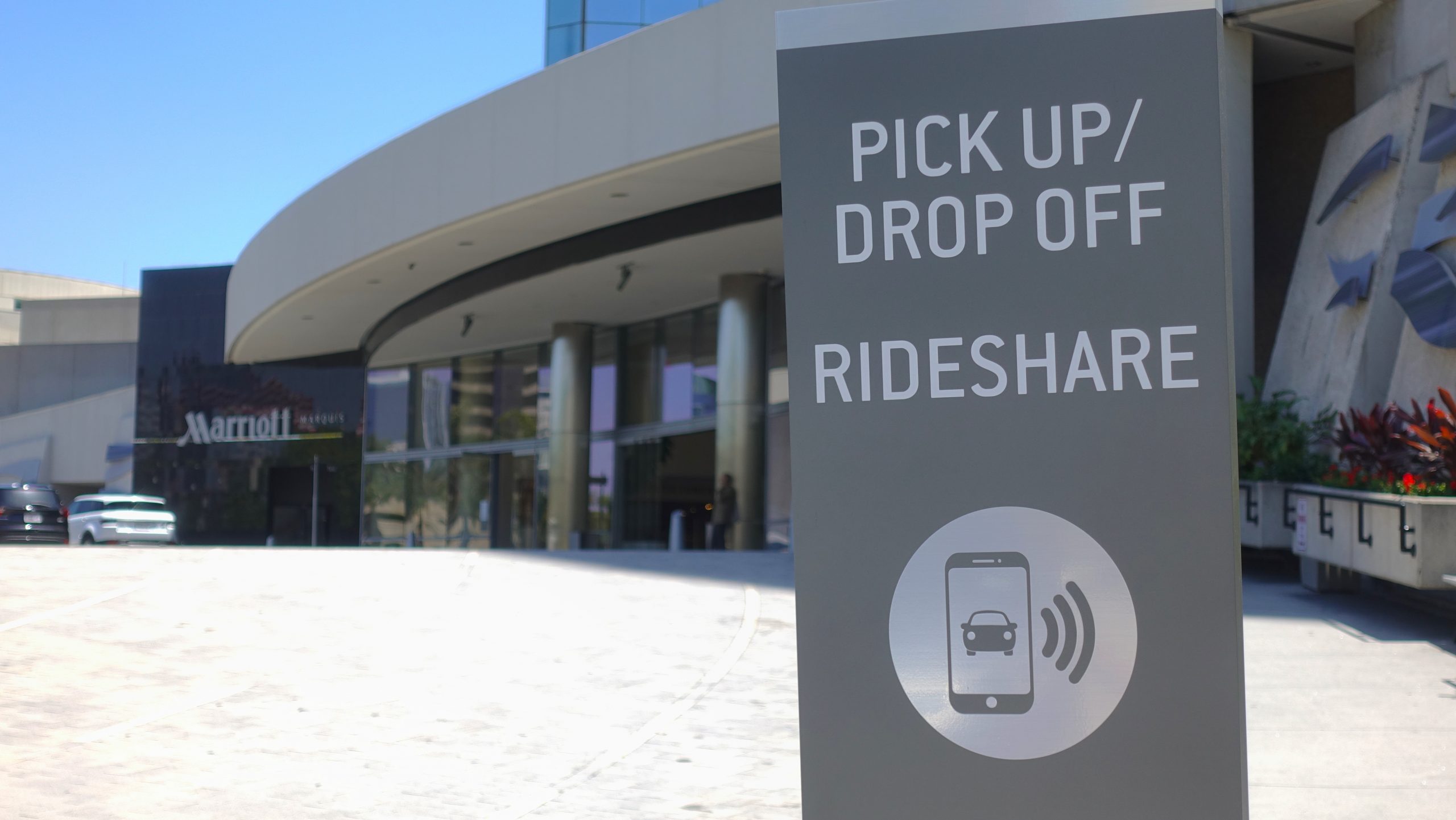Consumers have been warming to non-traditional notions of mobility like ridesharing, car subscriptions, and alternative last-mile transportation options over the past decade. But when the pandemic arrived in full force, statistics show that two-thirds of rideshare users in the United States quickly abandoned providers like Uber and Lyft.
 Instead, the Cox Automotive 2021 Evolution of Mobility Report shows that Americans have been more inclined to stick with mobility options that they can pilot themselves. Primarily, that means vehicle purchasing and leasing has regained its footing as the preferred mobility method while alternative and flexible ownership options follow.
Instead, the Cox Automotive 2021 Evolution of Mobility Report shows that Americans have been more inclined to stick with mobility options that they can pilot themselves. Primarily, that means vehicle purchasing and leasing has regained its footing as the preferred mobility method while alternative and flexible ownership options follow.
Around 18 months after the start of the COVID-19 pandemic, ridesharing has rebounded somewhat but 43% of users state they use these services less due to the pandemic. Nearly 40% use public transportation less, and 36% use car-sharing services less. And while car owners and vehicle subscription users also use their mode of transportation less – 35% and 34% respectively – ownership levels remain high. Data in the Cox Auto report reveals that in the past six months, 78% of ‘urbanites’ have driven their own vehicle, an increase from 67% in 2018.
More Americans plan to buy cars
In fact, survey results indicate that “Americans plan to increase the number of cars in their garage”. Across all generations, the average number of vehicles per household is expected to climb from 1.2 to 1.7 in the next five years – a dramatic jump! It’s driven primarily by younger generations and those who currently don’t own a car, signifying a lasting shift away from shared mobility and to personal transportation.
Of those who responded to the survey, six out of ten view car ownership as more cost-effective than ride-hailing, car sharing, and car subscription. More than three-quarters say it’s more convenient and more practical for day-to-day driving.
Ally Casey, senior manager of research & market intelligence, Cox Automotive Mobility, said, “The automotive industry is led by consumer transportation decision-making that is ever-changing. In the current pandemic world, it’s no surprise that cost, safety, and convenience are the key themes that surfaced in our latest Evolution of Mobility Study readout. Nevertheless, regardless of current driving habits and preferences, the future is bright for emerging mobility technology.”
| Related: Why eCommerce is here to stay post-pandemic |
Car subscription still an option for Americans
While having a personal vehicle remains a priority for US drivers, having their name on the title doesn’t matter as much. 29% of respondents say they expect to increase their use of car subscriptions – a higher rate than ride-hailing or car-sharing services. About 10% of future car shoppers will consider a car subscription the next time they’re in the market.
Also important to the large Gen Z population that’s emerging into the market is a wide range of safety and connected technologies that enhance the in-car experience. That can range from ADAS tech like collision avoidance systems and adaptive cruise control to wireless Apple CarPlay and autonomous driving.
“Advancement in transportation technology is fast-moving, and consumers are paying attention and adopting what’s new,” said Anshika Karamchandani, associate vice president of flexible access at Cox Automotive Mobility. “These innovative features and solutions are providing the safety assurance and convenience consumers demand, including a new wave of vehicle ownership and usage driven by Gen Z.”
All this is good news for auto retail. Private car owners are driving the furious purchasing on dealer lots during the chip shortage, and it appears the appetite for car ownership is increasing rather than waning. While the sales atmosphere and types of vehicles are almost certain to change in the short term, there will be shoppers buying the vehicles that are available.
Did you enjoy this article from Jason Unrau? Please share your thoughts, comments, or questions regarding this topic by submitting a letter to the editor here, or connect with us at newsroom@cbtnews.com.
Be sure to follow us on Facebook and Twitter to stay up to date or catch-up on all of our podcasts on demand.
While you’re here, don’t forget to subscribe to our email newsletter for all the latest auto industry news from CBT News.










